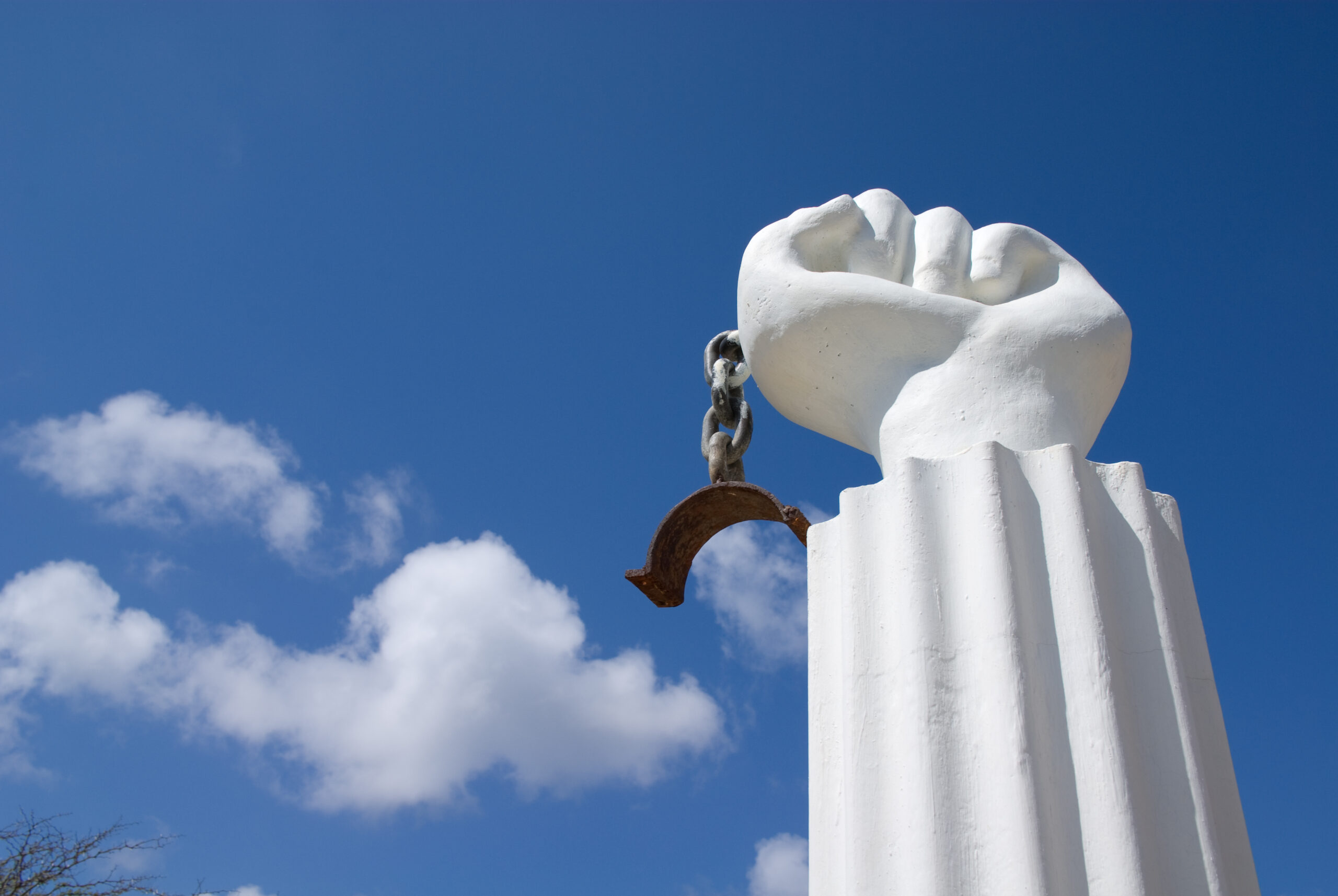Dutch state rehabilitates leader of 1795 revolt against slavery

The leader of a slave uprising on the island of Curacao is being formally rehabilitated by the Dutch government, 228 years after he was put to death.
Tula was one of a group of 50 captive slaves who downed tools on the Kenepa plantation on August 17, 1795, and marched towards the island’s capital, Willemstad, to demand their freedom.
Prime minister Mark Rutte referred to Tula when he apologised for the Dutch government’s slave trading past in December last year, promising that he would be rehabilitated.
Rutte said during his speech that the discussion needed to continue and his apologies were “a comma, not a full stop.” On July 1 King WIllem-Alexander apologised as head of state for what he called the “hurtful, degrading and dehumanising” experience of slavery and its legacy.
Later on Tuesday Alexandra van Huffelen, junior minister for kingdom relations, will proclaim the decree of rehabiltation at a ceremony in Curacao, during a four-hour programme of events that also includes speeches, music and theatre.
National hero
The government of Curacao has recognised Tula as a national hero since 2010 and declared August 17 to be the day of the fight for freedom (Dia di Lucha pa Libertat). A monument has been erected on the site of the Kenepa plantation to commemorate the uprising.
Tour guide and activist Tyrone Brunken told RTL Nieuws that Tula’s rehabilitation by the Dutch state was an important step on the way to recognising the state’s role in slavery.
“It shows that Tula and those who took a stand with him were on the right side of history,” Brunken said. “If slavery was wrong, then those who rose up against it were not.”
The 1795 revolt was inspired by the declaration of the Batavian Republic in the Netherlands in January that year, an offshoot of the French revolution that received military support from Paris.
But the slaves who demanded “liberty, equality and fraternity” in Curacao were intercepted by the army before they reached Willemstad.
Nine members of the group were killed when they refused to go back to work and the leaders, including Tula, were rounded up and tortured before being executed on October 3.
“We do not seek to harm anyone, but seek our freedom,” Tula is quoted as saying in records of the event. “The French black [slaves] have been given their freedom, Holland has been occupied by the French, therefore we should also be free.”
Thank you for donating to DutchNews.nl.
We could not provide the Dutch News service, and keep it free of charge, without the generous support of our readers. Your donations allow us to report on issues you tell us matter, and provide you with a summary of the most important Dutch news each day.
Make a donation